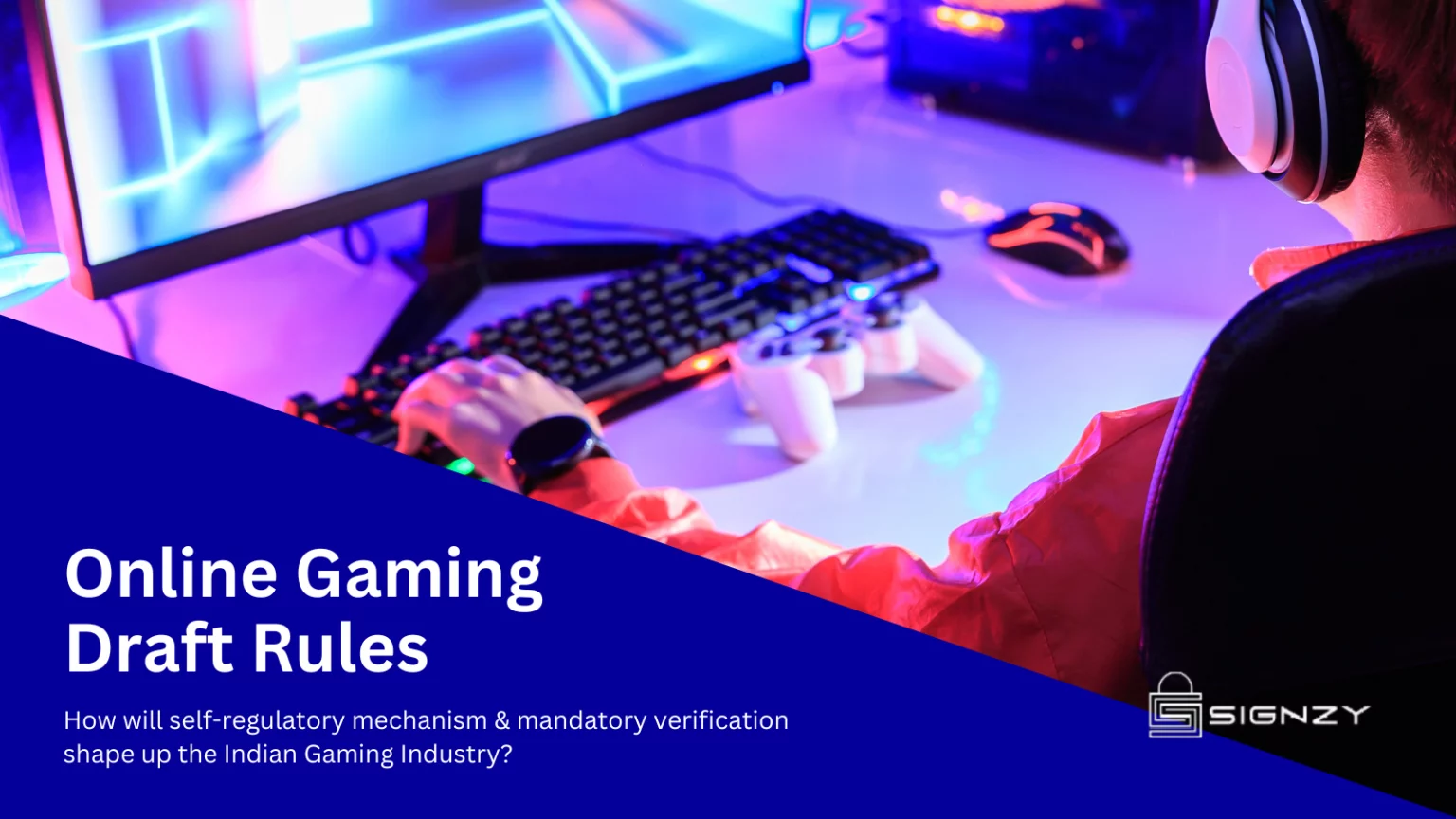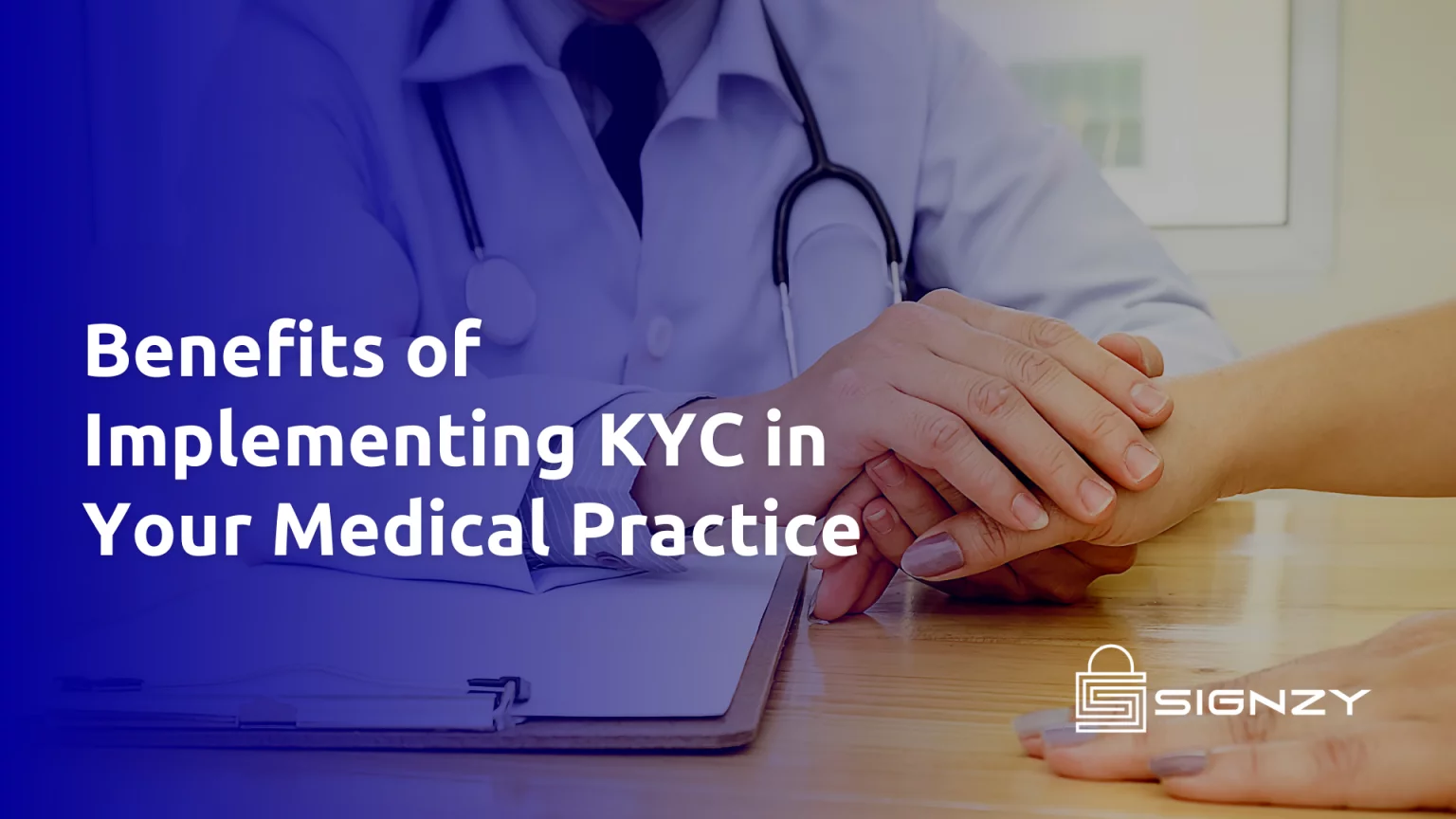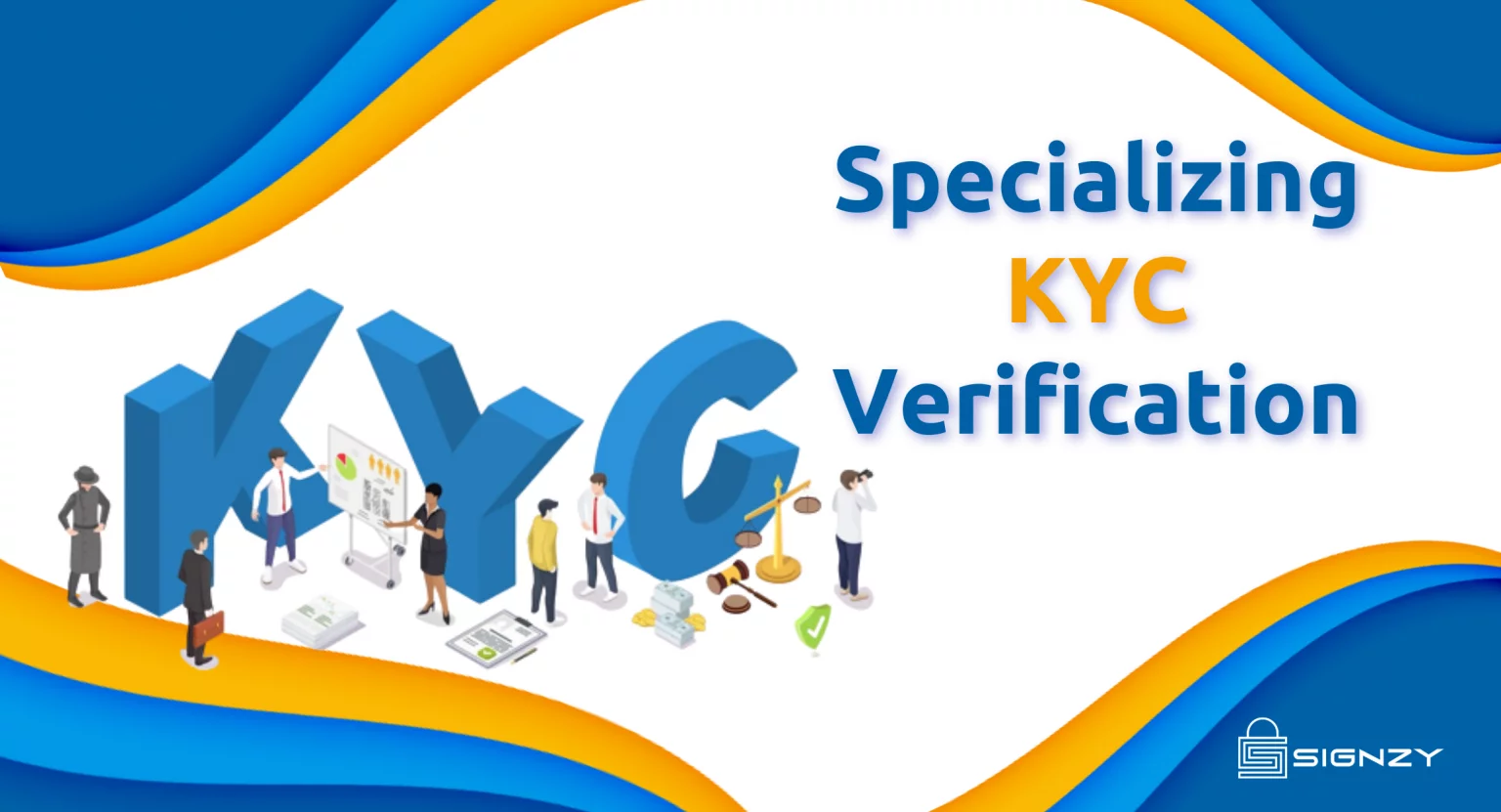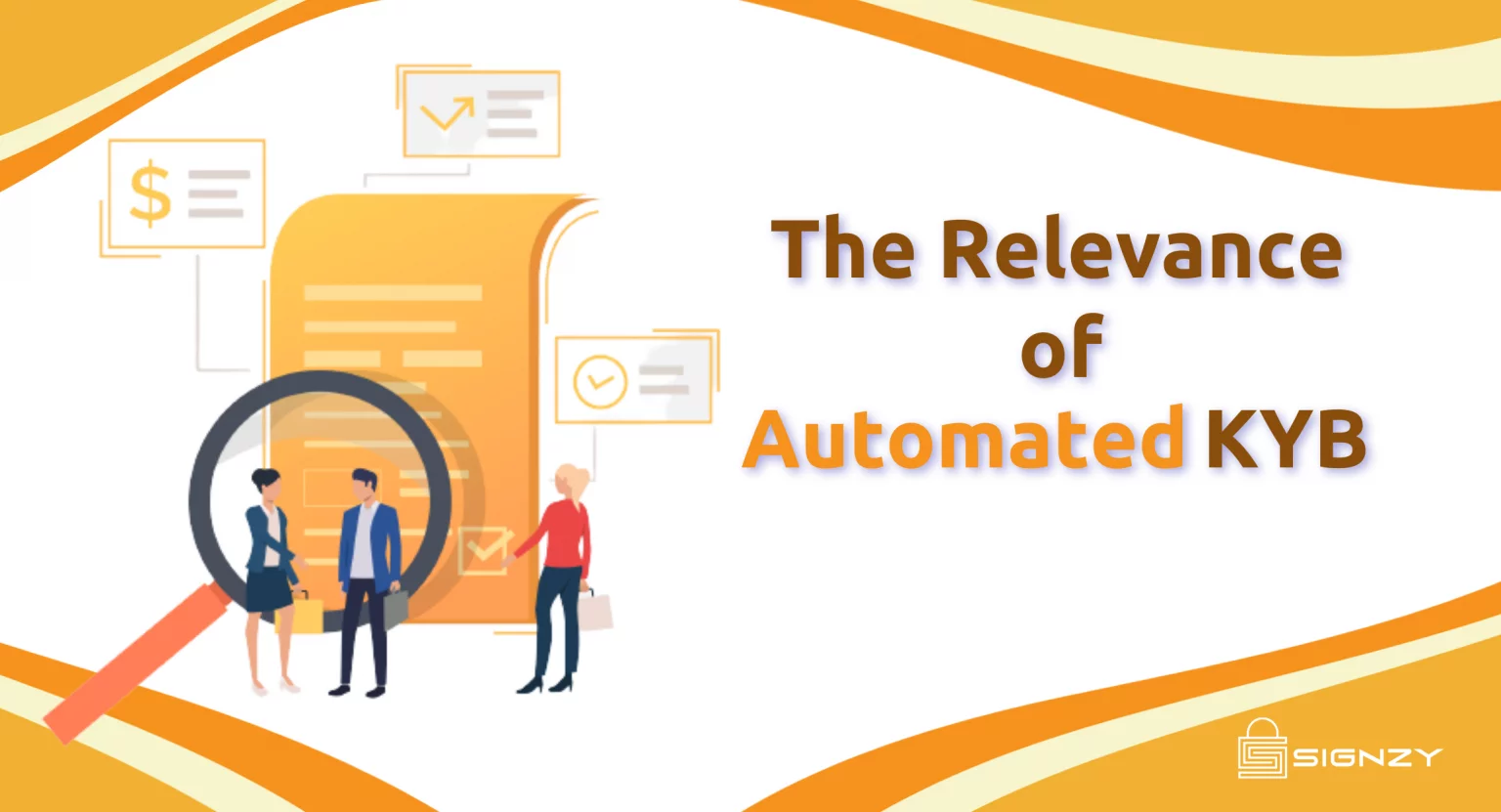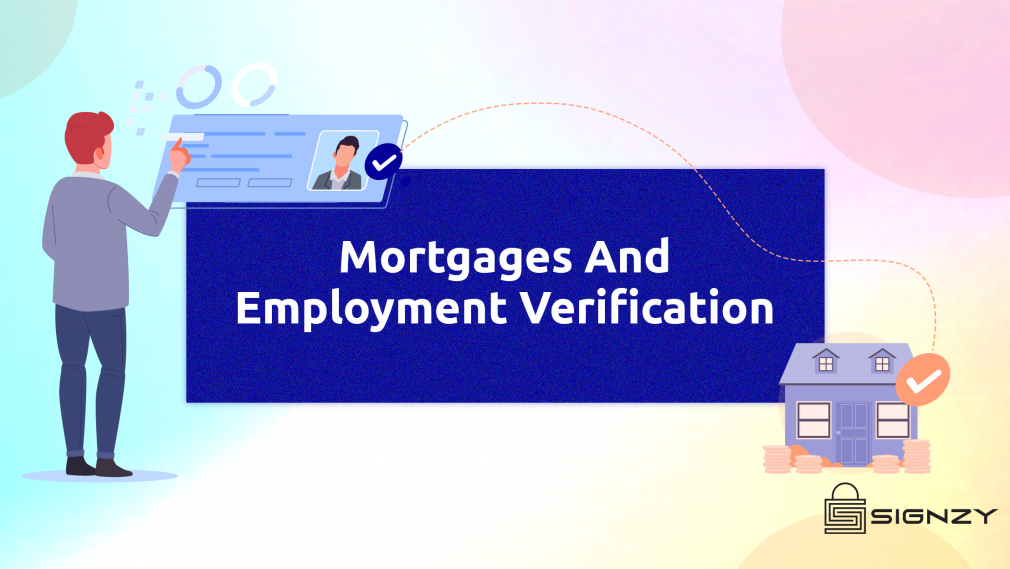Mandatory KYC for Online Gaming Platforms – is what the Ministry of Electronics and Information Technology has drafted amendments to the Information Technology (Intermediary Guidelines and Digital Media Ethics Code) Rules, 2021. It states that due to rapid growth in online gamers, mandatory KYC for Online Gaming Platforms & gamers is to guarantee that Gaming Companies adhere to Indian laws and provide users with protection against potential harm.
Gaming has become a part of everyday life for many people, from casual mobile games to more hardcore console and PC gaming. As the popularity of gaming continues to grow, so does the importance of having an appropriate level of safety and security for gamers.
In this blog post, let’s explore what this proposal entails and why it is important. We will also discuss how it may affect both casual and professional gamers.
What is the government proposing for Online Gaming Platforms?
The Ministry of Electronics and Information Technology (MeitY) proposed an amendment to bring online gaming under the ambit of the Information Technology (Intermediary Guidelines and Digital Media Ethics Code) Rules, 2021
The amendments seek to ensure due diligence from online gaming intermediaries so that users are not exposed to any activities breaching Indian law – such as gambling or betting – and also require a registration mark on all online games registered by self-regulatory bodies.
The Draft Rules
- A gamer must be informed of all online games offered by the gaming intermediary, as well as its policy regarding withdrawals and refunds of deposits made with the expectation of winnings. Also, how winnings will be determined and distributed, as well as the fees the user will have to pay for each game.
- There should be a mandatory know-your-customer norm for verification (KYC).
- A user will need to be aware of the potential for addiction and the financial risks associated with each game.
- As part of the registration process of the game, the self-regulatory body must set up criteria for its content to protect the gamer from harm, including self-harm.
- Only games that are approved by the self-regulatory body will be permitted to operate legally in India.
- Five members will create the self-regulatory body’s board of directors, with expertise in online gaming, public policy, IT, psychology, and medicine.
- It is responsible for ensuring that the registered games do not contain anything that is not in the interest of India’s sovereignty, integrity, defense, security, friendly relations with foreign countries, or public order or that incites a cognizable offense.
- The Centre should be informed about the online games registered by all self-regulatory bodies, along with a report detailing the criteria for registering a particular game.
Why is there a need for such rules?
It is for protecting users from potential harm caused by skill-based games.
- Innovation: As online gaming platforms are getting regulated as intermediaries and are subject to due diligence requirements, the online gaming sector will be promoted and innovation will be encouraged.
- Women Gamers Safety: Approximately 40 to 45% of Indian gamers are women, which makes keeping the gaming ecosystem safe all the more important.
- Because they generate revenue that needs proper regulation: In 2025, the Indian mobile gaming industry is to generate $5 billion in revenue. The industry grew at a CAGR of 38 percent between 2017 and 2020, versus 8% in China and 10% in the US.
- Credibility & Transparency: In addition to ensuring greater transparency, consumer protection, and investor confidence, this framework will boost the legitimate domestic online gaming industry.
What are the pros of KYC for Online Gaming Platforms?
The proposed mandatory KYC for Online Gaming Platforms has generated a lot of debate, with some people arguing that it is a necessary step to prevent underage gaming and others asserting that it will infringe on the privacy of gamers. Here, we take a look at the pros of the proposed policy:
1) It would help to prevent underage gaming & Fraud: The proposed policy would require online gamers to verify their age before being able to play, which would help to prevent minors from accessing age-inappropriate content.
2) It could help combat cheating: By mandating age verification, it would become more difficult for people to create multiple accounts to cheat in online games.
3) It would promote responsible gaming: Making online gamers verify their age would encourage them to play responsibly and not engage in excessive gaming.
Our take
The government’s proposing mandatory KYC for Online Gaming Platforms & gamers is a step in the right direction toward protecting citizens from online threats and fraud. With the implementation of this measure, users can be assured that their identities are secure when engaging with other players or playing games online. It will also help prevent illegal activities such as money laundering and identity theft which have been particularly rampant on gaming websites lately. In essence, this proposed measure could be immensely beneficial for both players and regulatory authorities alike by promoting safety and security in the digital world.
About Signzy
Signzy is a market-leading platform redefining the speed, accuracy, and experience of how financial institutions are onboarding customers and businesses – using the digital medium. The company’s award-winning no-code GO platform delivers seamless, end-to-end, and multi-channel onboarding journeys while offering customizable workflows. In addition, it gives these players access to an aggregated marketplace of 240+ bespoke APIs that can be easily added to any workflow with simple widgets.
Signzy is enabling ten million+ end customer and business onboarding every month at a success rate of 99% while reducing the speed to market from 6 months to 3-4 weeks. It works with over 240+ FIs globally, including the 4 largest banks in India, a Top 3 acquiring Bank in the US, and has a robust global partnership with Mastercard and Microsoft. The company’s product team is based out of Bengaluru and has a strong presence in Mumbai, New York, and Dubai.
Visit www.signzy.com for more information about us.
You can reach out to our team at reachout@signzy.com
